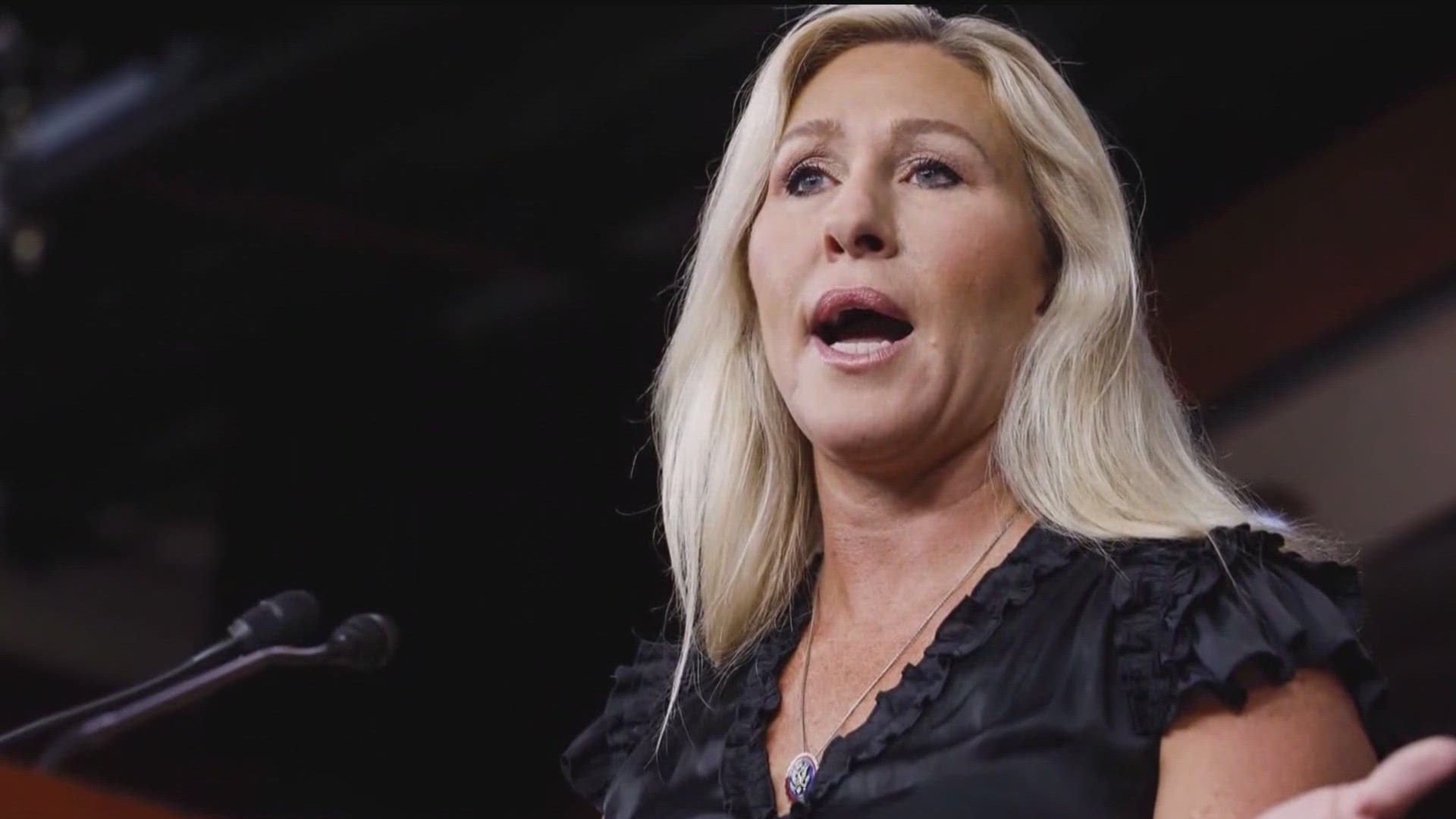The majority of Americans are not setting aside enough money in emergency savings to cover a significant unexpected expense, according to a new survey from CIT Bank. That's a problem, because nearly half of American households were faced with emergency expenses in the past year.
"More than one in four U.S. consumers do not save for unexpected events such as a home repair or health expense," said Ravi Kumar, head of Internet Banking for CIT Bank in a press release. "Another quarter of consumers report saving less than 5 percent of their monthly household income for emergencies."
How are people paying?
Experts generally recommended that your emergency fund be large enough to cover three to six months of your household expenses, but those numbers aren't set in stone. If you have a job where your income is not stable, for example, or a health insurance plan with a high deductible, it might make sense to have an even larger cushion.
But as numerous other studies have confirmed, the failure to save steadily has left a large majority of Americans far shy of those targets. Earlier this year, just 39 percent of respondents to a Bankrate.com survey said they had savings sufficient to to cover a $1,000 surprise expense. And that leaves people in a tough position when trouble arises.
"Family and credit cards top the list of resources Americans rely on for financial support instead of utilizing a savings account for emergencies," Kumar said.
Americans say they are willing
While we're largely coming up short on the "preparing for the unexpected" front, the majority of the 1,100 American adults surveyed by The Harris Poll for CIT did say they would be willing to make some sacrifices to build their emergency funds.
Over half (56 percent) said they were willing to dine out less, 47 percent said they would give up online subscriptions, 41 percent were willing to give up gym memberships, and the same number said they would sacrifice vacations.
Those good intentions don't quite square with how people actually act. For example, 44 percent called saving for vacation a low priority, and 25 percent said it wasn't a priority at all. In reality, while they may not see the savings aspect as important, the spending happens anyway: 77 percent of those surveyed shell out for vacations each year, and a majority of those spend up to $5,000 on them.
As a predictable result, nearly three in ten (29 percent) respondents said they have taken "extreme actions to pay for a vacation, including taking out a bank loan, going into debt, cleaning out a savings account, borrowing money or maxing out a credit card." That's essentially the opposite of sacrificing to build an emergency fund.
"CIT's study shows that many Americans can do more to ensure their lifestyles and savings priorities are aligned," said Kumar.
What can you do?
It's time for many Americans to face reality. Just because it's not raining right now does not mean a rainy day will never come. In fact, it's close to coin-flip odds that you're going to be "surprised" by a big expense in any given year.
Given that, everyone ought to analyze their budget and their savings. If you don't have the recommended three to six months worth of expenses set aside, now's the time to take the steps needed to build that cushion. That's likely to require making some of those spending cuts mentioned above. It may also make sense take on a second job or side gig.
Considering the odds, it's a bit naive to describe our acute personal financial crises as "unexpected expenses." You can and should expect that some costly trouble is bound to come up, even if you can't predict the particulars in advance. You can make those events less traumatic if you prepare. It's your choice: Act in advance, and have more flexibility to manage your financial strategy the way you choose to, or wait, and wind up forced into more painful choices when those surprise bills come due.
The Motley Fool has a disclosure policy.
The Motley Fool is a USA TODAY content partner offering financial news, analysis and commentary designed to help people take control of their financial lives. Its content is produced independently of USA TODAY.



